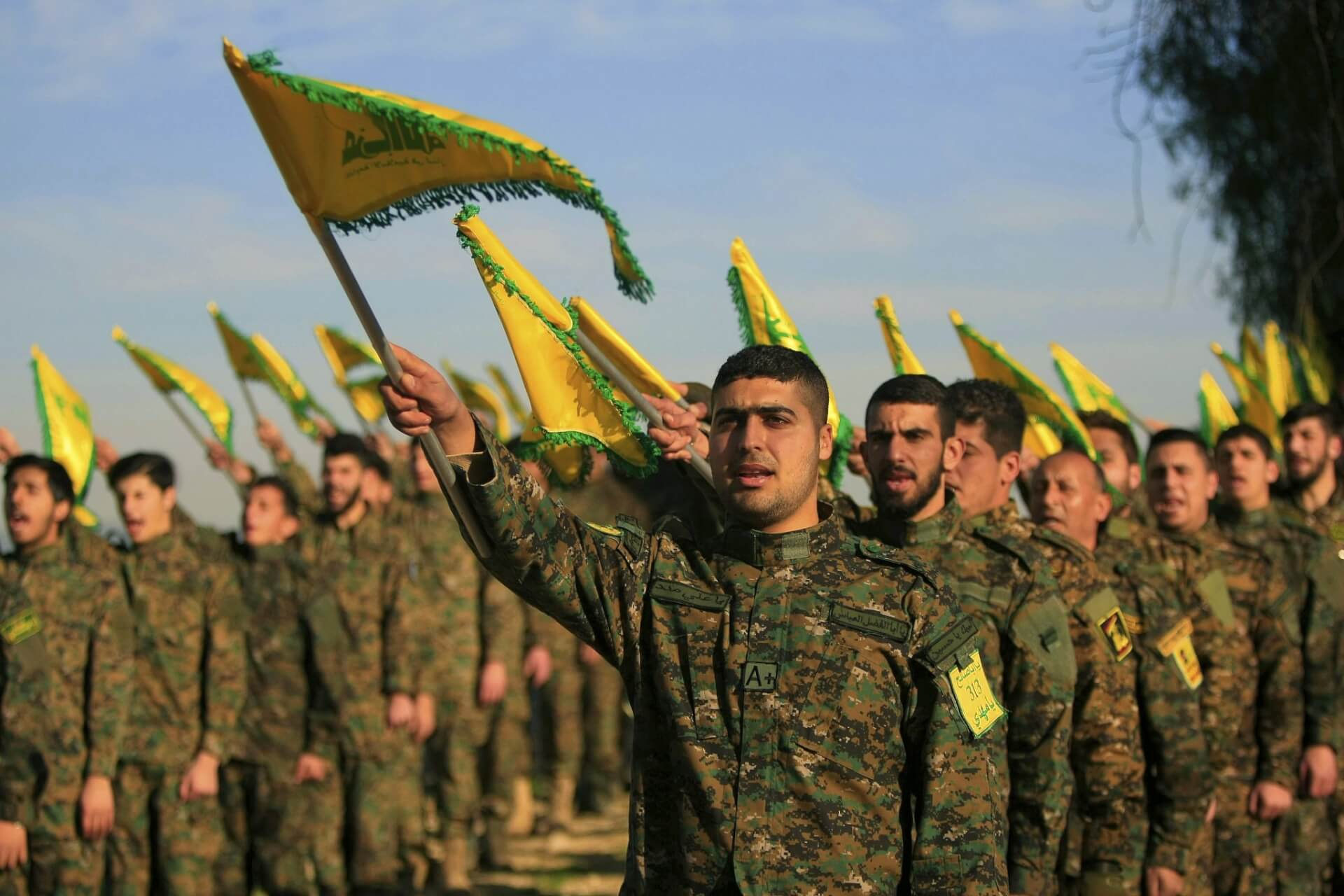On Wednesday, the United States (US) Treasury Department and the Qatar government announced joint sanctions against the financial networks of Lebanese Shia militant group Hezbollah in the Arabian Peninsula. The US Department said both countries targeted seven individuals and a real estate firm that funnelled millions of dollars to the Iran-backed fundamentalist group.
“Hezbollah seeks to abuse the international financial system by developing global networks of financiers to fill its coffers and support its terrorist activity,” Andrea Gacki, the director of the US Treasury Office of Foreign Assets Control, said. “The cross-border nature of this Hezbollah financial network underscores the importance of our continued cooperation with international partners, such as the Government of Qatar, to protect the US and international financial systems from terrorist abuse,” she added.
Among the individuals targeted were Ali Al-Banai and Ali Lari, who the Department accused of being “longstanding supporters” of Hezbollah and sending “tens of millions of dollars” to the terrorist organisation. The US also sanctioned Qatar-based AlDar Properties for financially backing the Lebanese group.
Furthermore, the statement mentioned that “all property and interests in property” of the sanctioned individuals and the entity in the US must be blocked, and engaging in “certain transactions” with them “entails the risk of secondary sanctions.” It added that the US “will continue to disrupt the financial support that flows to terrorist groups such as Hezbollah, including through multilateral and bilateral initiatives.”
Moreover, US Secretary of State Antony Blinken welcomed the sanctions and hailed US-Qatar cooperation in this regard. “This represents one of the most significant joint actions we have taken with a Gulf Cooperation Council (GCC) partner to date and underscores our extensive bilateral cooperation on countering terrorism finance,” Blinken said.
Additionally, he announced that Bahrain has also “frozen” the bank accounts of three individuals sanctioned by the US and Qatar.
The United States and the Government of Qatar have taken coordinated action against a major Hizballah financial network based in the Gulf. We will continue to cooperate with international partners to protect the U.S. and international financial systems from terrorist abuse.
— Secretary Antony Blinken (@SecBlinken) September 29, 2021
While there was no immediate response from Hezbollah, it has previously blamed US sanctions, especially against the Syrian regime, for worsening Lebanon’s economic and political crisis. Last month, Hezbollah chief Hassan Nasrallah called on the US to “give Lebanon an exemption.”
The latest sanctions come as Lebanon is facing one of the world’s worst economic disasters. The Lebanese pound has crashed by over 90% in a year, and its GDP (per capita) contracted by 40% in 2020 alone. The country’s foreign reserves are running at dangerously low levels, and it is facing severe shortages of food, fuel, and medicine.
Also Read: Despite Good Intentions, Lebanon’s Sectarian Politics Have Done More Harm Than Good
Against this backdrop, Hezbollah facilitated the delivery of Iranian fuel to Lebanon via Syria earlier this month. Although the move was largely cheered by most Lebanese, it violated US sanctions on Iran and Syria. The US and its Gulf allies fear that Iran could exert greater influence on Lebanon through Hezbollah and bolster its regional presence.
Hezbollah was founded in 1982 during the Lebanese civil war as a resistance force against neighbouring Israel. Although not officially proven, it is widely believed that Hezbollah perpetrated the 1983 bombings on a US military base in Beirut that killed more than 300 people, including over 200 US military personnel. Since then, the US has stepped up pressure on Hezbollah and in 1997 designated the group as a foreign terrorist organisation.

